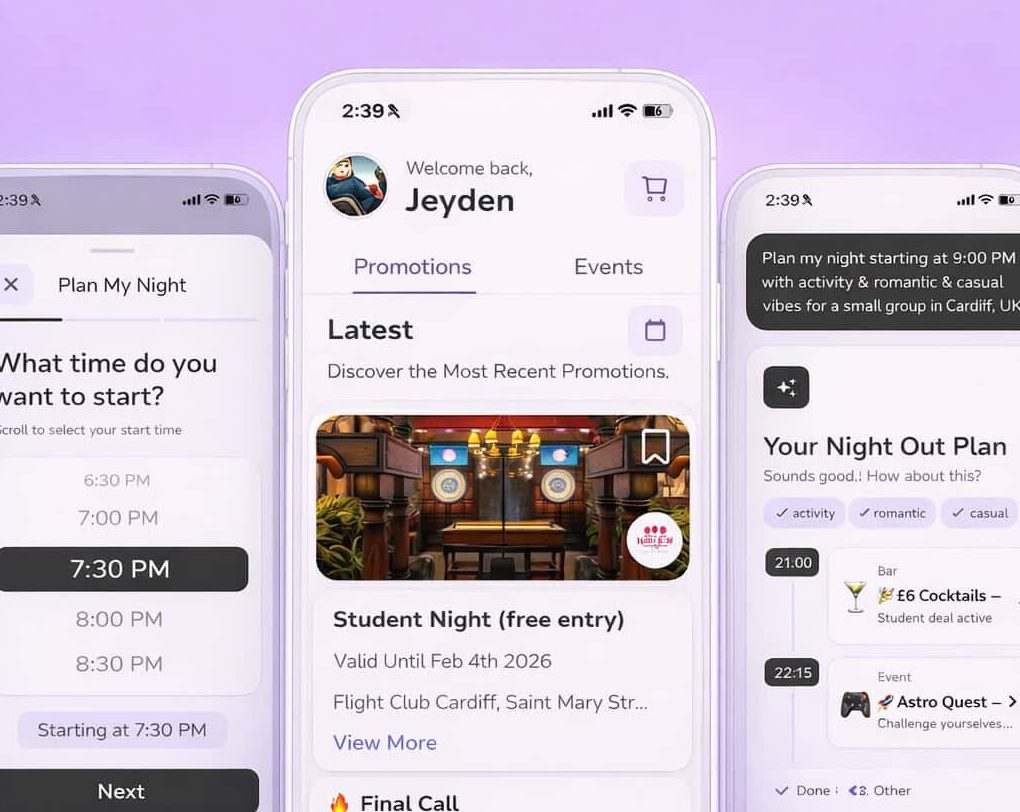Words by Alex Payne
Art by Shubhangi Dua
“If I decide to transition, will I ever be able to sing again?”. Such a simple message scrawled on a forum in the dusty corners of the internet belies a battle that many gender-questioning individuals will face during the turbulent process that follows the realisation that their body isn’t, well, theirs. Complicated courses of hormone replacement therapy and speech therapy are often used to correct the disparity, but they’re frequently inaccessible or intimidating – and always time intensive. Enter voice modulation. Originally a gimmick made from a discarded military project, the vocoder was one of the first tools that allowed musicians to distort their voice. For early adopters, such as Pete Drake and Alvino Rey, it was simply another tool to mess around with, and it wasn’t until the seventies that people began to realise the technologies potential to feminise one’s voice. Sylvester, Jayne Country and Jackie Shane stunned audiences by singing about women, while sounding like them. Since then, modulation has continued to haunt pop, until it exploded in the early noughties with the invention of autotune. Ushered in by Cher, it immediately became the hottest thing for popstars to abuse, and has since been adopted in almost every genre.
Production techniques cannot magically conjure the perfect voice (Paris Hilton certainly couldn’t – and she could afford the best!), but it can soothe the teething pains of easing into a new one. No-one knows that better than two of the hottest names in experimental pop, SOPHIE and Laura Les of 100gecs fame. Both have spent the past couple of years on the fringe of mainstream, having worked with the likes of Charli XCX and Flume, and are heavily affiliated with the progressive pop label PC Music. 100gecs’ absurdist brand of maximalist pop may leave very little room for any serious reflection on either members personal lives, but Les’s previous project Osno1 did. Her discography is full of tracks like I Hate Being 17 and Darkest Part of Day, which are littered with references to the struggles of growing up trans, but it’s on How To Be Human that she tackles the topic most unabashedly. On the chorus, Les soberly details her experiences, crooning ÔÇÿI’m never gonna pass/I should stay home/Why did I make plans’.
synthesizers, vocoders and autotune software continue to serve as tools that allow users to craft their vocals – and in doing so, their identity.
While niche, PC Music deserves credit for helping to normalise modulation in modern pop. Their heavy use of warping, resampling, formant and pitch shifting has bled into even the most moderate of pop tracks thanks to the label’s founder, A.G Cook, working extensively with Charli XCX. Under his guidance, artists like GFOTY and Hannah Diamond served as guinea pigs for the genre, and demonstrated that. Earlier this year, Sasha Geffen, author of Glitter Up the Dark, recognised the parallels between the adoption of the technology and transitioning. “Right now I’m thinking a lot about synthesizers as a kind of artificial voicing that squares with synthetic hormones and other performances that are seen as false by certain subsets of society” they told The Nation. Whether or not they’re aware of the symbolism, an arsenal of synthesizers, vocoders and autotune software continue to serve as tools that allow users to craft their vocals – and in doing so, their identity.
Is it really surprising that trans people have found sanctuary in pop? For decades, the genre has enjoyed a close proximity to the LGBTQ+ community, and has had a role in defining femininity for as long as it has existed. A deep rooted relationship exists between the gay community and pop stars; idolizing Posh, Gaga or Beyonce is as ingrained in queer culture as it is in the lives of teen girls. Perhaps it’s projection, an understanding of shared experiences, relating to the lyrics, or all of the above – regardless of the reason, those who live outside the cultural hegemony continue to find refuge in this genre. From the Michael Jacksons and the Princes of the world, to the Janelle Monaes and the David Bowies, there’s no shortage of stereotype challenging idols.
Very few resources exist to promote gender non conforming artists, so we’ve selected a handful of the very best. Beyond the aforementioned names, the most successful trans individual is Kim Petras. Thrust into the spotlight at just fourteen, Petras broke into the mainstream with her winning brand of coquettish bubblegum-pop. Drenched in playful effervescence and heavily indebted to the Y2K sound that inspired it, her music has even found a home on the Ariana-Grande produced Charlie’s Angels soundtrack – a well deserved inclusion.
On the other side of the spectrum, Dorian Electra, Arca and Fever Ray have all become critical darlings, and have been championed by online music communities for their bold takes on the genre. Electra’s debut album was praised for its bold and campy take on the genre, while Karin Dreijer of Fever Ray balances nihilistic and intimate lyrics with an unwaveringly polished sound; simultaneously building vast sonic worlds, while challenging the one we currently exist in. Finally, the artist p4rkr is one to keep an eye on, as their angsty and erratic pop has been rapidly snowballing into success since Laura Les co-signed them.
For years, autotune has been associated with the lowest forms of pop, with its usage denounced as baseless and talentless. With time however, we may come to appreciate that it can be an invaluable tool that can empower artists with the ability to disguise, alter and mould their vocals – giving a voice to those who may otherwise not have one.


